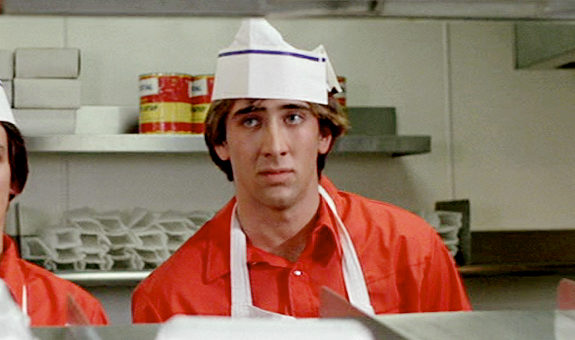
Berkley-educated feminist and anti-Christian author Michelle Goldberg posted a hit piece against homeschooling today that could be a case study in leftist “journalism.” As has become the standard for liberal pundits everywhere, her article opens with a heart-wrenching story of a child tortured to death by her parents, which is intended to soften you emotionally for the points that follow.
Continuing to follow the template for liberal punditry, her logic falls apart right about where the headline meets the first paragraph. We are expected to nod along blithely with the assertion that home schooling presents an irresistable opportunity for evil people to do evil things to kids, and so it should be regulated out of existence. In fact, since none of you can be trusted with your own children, you should probably just surrender them all to be wards of the state from birth, and that way the state can keep an eye on you.
But she ignores the fact that evil people don’t need to go to the trouble of home schooling their children to abuse or neglect them. She further ignores the plethora of evil being done to kids every single day in traditional schools, including the mounting epidemic of suicides as a result of unchecked bullying. We’re supposed to be wowed by the 70—70! – cases in the last 12 years of sexual abuse in home school situations, revealed by one study. I’d wager there are more cases of abuse in the New York or Chicago city school systems in a single school year, but that’s a bet I doubt the author would take.
She also ignores that hundreds of thousands of abused kids go to traditional schools every day, where their abuse is not noticed or confronted, or worse, it’s continued at the hands of school staff. I’ll reiterate, evil people don’t need to keep their kids out of school to do evil things to them. If sending kids to traditional schools was really some sort of panacea for child abuse, one could hardly account for the 6 million children who are abused every year in this country.
Here’s a humdinger of a false dichotomy, presented in a quote the editor highlighted: “Some families are simply trying to hide abuse and keep kids wholly under their control. In others, the abuse and the homeschooling stem from the same rigid religious ideology.” That’s right folks, if you homeschool your kids, you’re either abusive, or abusive AND a bible-thumping nutjob.
But it gets worse! When you aren’t busy locking your children in the basement for the entirety of their natural lives to stop some benevolent bureaucrat from noticing their whippin’ scars, you’re taking their tests for them! Without Big Brother coming in to look over your shoulder as you administer the (totally worthless) state mandated tests, you might CHEAT! Because that never happens in a traditional school setting. Perish the thought!
Next, we play the game of “imagine your own statistics.” The author bemoans the growing cancer of homeschooling, revealing that the number of homeschooled kids rose by 74% between 1999 and 2007. And while there’s positively no evidence to support the assertion, don’t you just KNOW that the Jerry Falwell crowd makes up the vast majority! The horror!
Adoptive parents must be viewed with an especially suspicious eye, we’re told, since they aren’t as likely to love their children as much as natural children. The author cites two more horrifying examples ripped from the headlines to anecdotally prove her point. And demonize the hundreds of thousands of adoptive parents who work miracles in the lives of their kids every single day. Remember, a couple stories are enough to regulate everyone.
The article closes with the one-two punch of creating an unproven appositive, “Christian homeschooling,” as if there is no other kind, and a request for confession from homeschoolers as a whole for the transgressions of a handful.
While it’s true that a very small handful of people have used homeschooling as a cloak for their own malicious intent, demanding that millions of other great parent-teachers bow to government intrusion and oversight for it is as insane as it is ineffectual. While we’re at it, we should probably mandate that homeschooled kids eat public school lunches, you know, so they don’t get fat. Oh wait…
Until pundits and politicians stop using emotion, exaggeration and pretentious, logically flawed arguments, they simply cannot be taken seriously. They will sit aghast, as movements in favor of individual rights continue to surge inexplicably ahead, because they are blind to the catastrophes that their state-created systems have created. And the most amusing part is that they have no idea why people take such offense to their assertions that we’re all a bunch of child abusing, bigoted misogynists who literally beat our children with leather-bound bibles.



